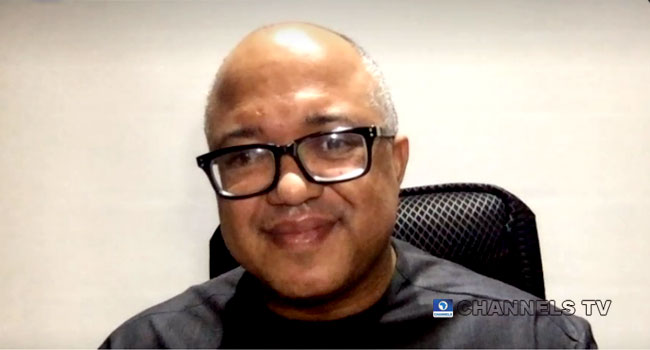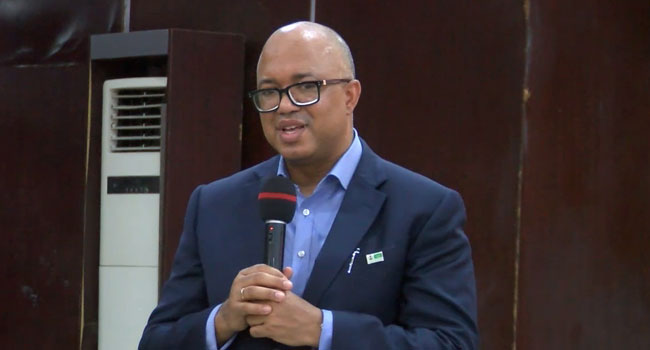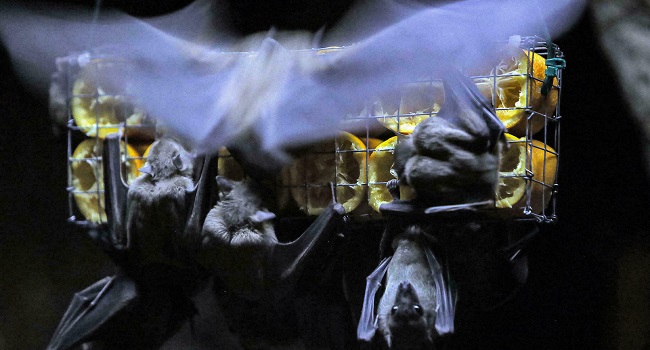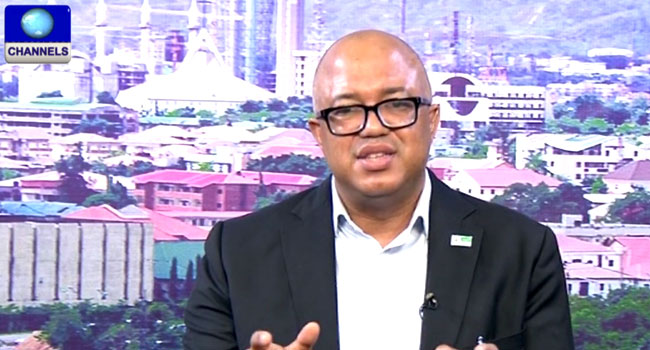One of the biggest challenges confronting Nigeria’s war against the COVID-19 pandemic is the limited diagnostic infrastructure in the country, according to the Director-General of the Nigeria Centre For Disease Control, Dr. Chikwe Ihekweazu.
The NCDC boss attributed the challenge to decades of neglect.
Dr. Ihekweazu stated this during his appearance on The Platform on Saturday.
He was responding to a question, posed by Convener of The Platform, Pastor Poju Oyemade.about what he considered the most difficult challenge in managing the spread of COVID-19 in Nigeria.
“We haven’t paid sufficient attention in the 60 years of our independence to building a diagnostic architecture across the country and COVID-19 is the most obvious example of this. But there are many more examples that we face every day,” Dr. Ihekweazu said.
“You know, when you see people with a diagnosis of malaria and typhoid as one entity and all sorts of dubious diagnosis being shared around the country, the underlying challenge is exactly the same as what you are seeing now with COVID-19.”
For the NCDC boss, the failure in providing diagnostic infrastructure is not down to one sector or the government, it is a collective failure.
“When I say “we”, I am not just talking about the Federal Government; I am talking about all of us – private sector, public sector. We have failed to build diagnostic infrastructure,” he said.
The emergence of COVID-19 in the country and its spread may have exposed the failings of the past but it is also helping to change the situation with the government and stakeholders racing against time to implement measures against it.
“Now we are scrambling, and, yes, we are building rapidly, we are scaling our labs every day… We are quickly ramping up our testing,” Dr. Ihekweazu said, adding, “Really, the size and scale of Nigeria is our biggest strength but also a big challenge”.
Lessons To Be Learnt
According to the NCDC DG, other challenges affecting the fight against the raging pandemic which has infected more than three million people globally, killing nearly 300,000 include the way the Nigerian health system is structured; “the separation between the states and federal (government) – who to do what.”
He said, “I think there is a lot of lessons to be learned after this (pandemic) around the fragmentation of our health system and how that provides a challenge when you come to an outbreak and you really need a commander in a controlled environment with clear leadership across governments to drive the response.
“There is (also) a challenge around just the logistics and the supply chain issues; how do we get things, first, into the country and secondly how do we get them across the country on time to the patients and our hospitals that need them.”
Leadership In A Crisis
Since February 27, when the first COVID-19 case in the country was concerned by the NCDC, the pandemic has spread to 34 states and the Federal Capital Territory Abuja, infecting a total of 2,170 people and killing 68 people.
Despite the spread and the challenges Dr Ihekweazu identified, he is optimistic about Nigeria’s progress and the level of leadership displayed in confronting the pandemic.
He said, “What I have experienced over the past few months since I started working on this, is really incredible.
“I have seen leadership at the Federal Government side, at the PTF, among the governors. I have attended meetings of the NGF, spoken to many of our governors – the Governor of Lagos State, the Governor of Kano State; it is incredible, the amount of leadership that comes out in a crisis.”
The NCDC DG praised health workers who he said are literally working 24 hours “at great risk to themselves and their families” to save lives.
He urged them not to give up and to persevere through the challenging time as Nigerians are counting on them.
Also, he gave the assurance that concerted efforts are being made to ensure all health care workers are protected and properly equipped.
“From the Nigeria Centre for Disease Control and all our partners and the Federal Government, the Presidential Task Force; we are working extremely hard to see that everyone has the personal protective equipment that they need,” he said.
Although Dr Ihekweazu believes it is too early to determine what the final outcome will be for the country and if the current case-fatality ratio for COVID-19 which he says is relatively low will be sustained, he is optimistic that Nigeria will end in a better place as long as the country unites to confront the pandemic.
He said, “We have to work together. The Federal Ministry of Health and its leadership, the Minister; everyone has come together and now we have to build on that momentum and make sure we don’t fragment the response. We (must) keep it to one response as we have always done in a crisis and not think of it as different pathways to answering the goal.”
He added, “Our principle, it has been and will continue to be is that we must stick to one response and make sure that we align and work together even though our structure of government sometimes leads to various influences coming into our response.
“Once you are in a crisis, when you are at war, you can’t have several commanders, you can’t have several inputs of ideas; we have to have one unified response and that is the responsibility of the Nigeria Centre for Disease Control under the leadership of the ministry with the Presidential Task Force giving us strategic directives and guidance.”




